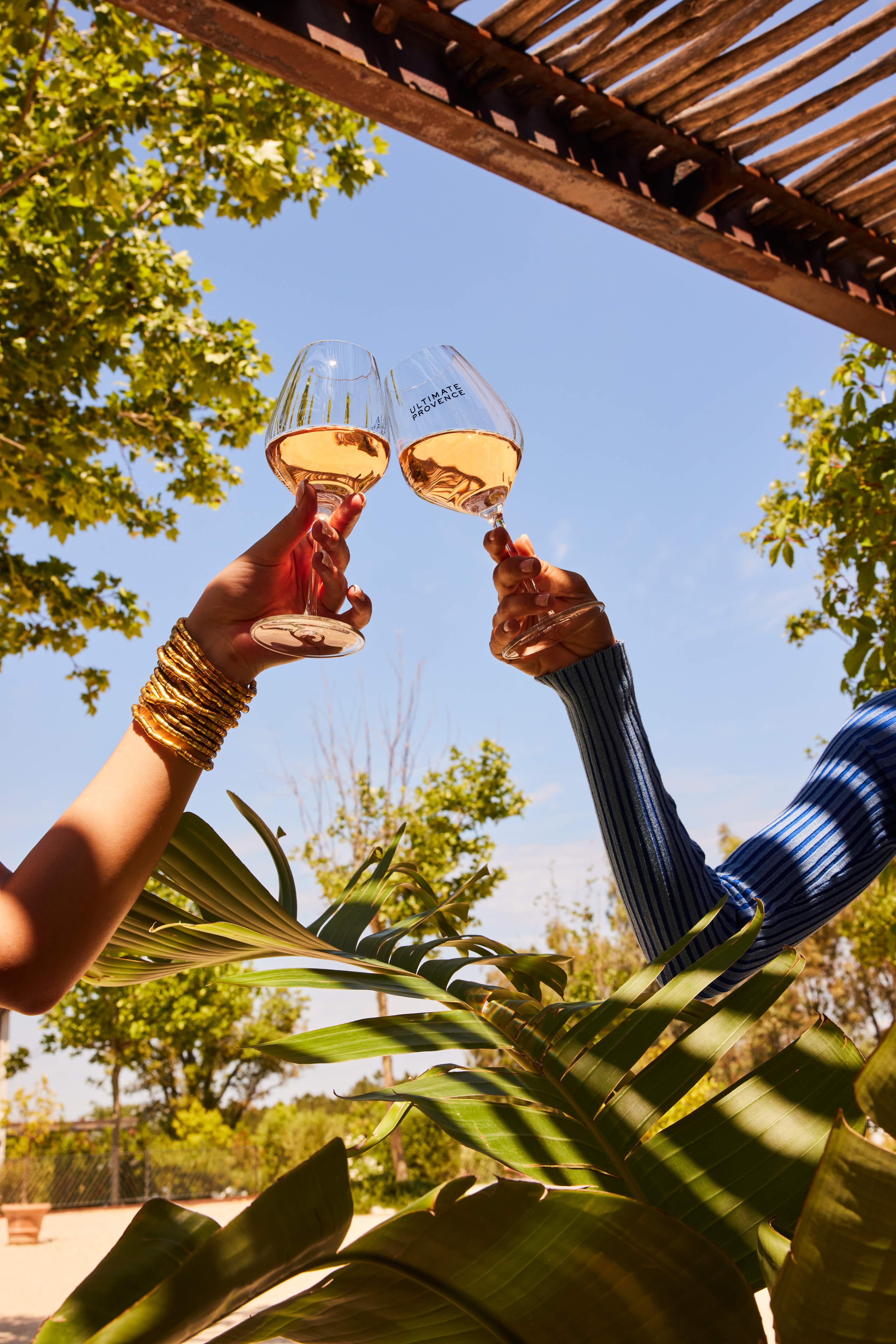To be able to produce quality wines each year, the winegrower must work his vineyard, to obtain quality grapes, while ensuring a sufficient yield for the profitability of the vineyard. Discover the relationship between the quality of the grapes and the quality of the wine .
The choice of grape variety: a major decision
The winegrower's first mission is to choose the variety of grapes he will grow in his vineyard. He will make this decision based on the wine he wishes to obtain:
- White grape varieties for white wines;
- Red and white grape varieties for rosé wines and red wines;
- Sweet grape varieties for sweet wines and sweet wines;
- Fresh grape varieties for dry wines...
But it must also be decided based on the terroir , because for a bunch of grapes to flourish, it must be able to find the climatic and geological conditions that suit its grape variety.
Finally, winegrowers must also choose their grape varieties according to the list of grape varieties authorized in their wine-growing region.
Wine quality and yield: finding the right balance
Having very good grapes is not enough for winegrowers, who unfortunately also have to think about making their wine production profitable. You also need to be able to find a grape that is qualitative, while offering a good yield.
Yield management then consists of producing enough grapes to produce a good quantity of wine. But we must also be careful not to exaggerate, so that the vine can concentrate all its energy on a defined quantity of grape clusters, and thus offer quality grapes .
Winegrowers then use different techniques to control the yield of their vines , such as green harvesting, leaf stripping, de-stemming, or even topping. These techniques make it possible to free the clusters of unnecessary elements, but also to protect them from diseases.
Pay particular attention to the harvest
Once the grapes are ripe, all that remains is to pick them. But the harvest stage is not so simple, and to ensure an exceptional wine, you must, here again, be careful to choose the right date , and not to rush , damage or crush the grapes, at the risk of to start the oxidation process too early. Winegrowers can then choose between manual harvesting or mechanical harvesting .
The factors that determine the quality of a grape
Guiding the vines until the grapes fully ripen is not a simple job, and it is even more complicated to meet all the conditions to offer high quality grapes . Indeed, this living product is very demanding.
- The wine-growing region : after choosing a grape variety particularly suited to the vineyard's terroir, you must then be attentive to the weather, because the grapes are very sensitive to frost and extreme heat;
- The composition of the soil : generally speaking, a rich soil gives a good yield, but of poor quality. It is better to favor stony and well-irrigated soils to obtain good grapes;
- The choice of grape variety : each variety of wine has its own requirements in terms of soil and climate. It is then advisable to choose a grape variety adapted to the terroir, and offering the aromas and qualities sought for the wine;
- The winegrower's care : the vine needs constant care, to allow it to develop slowly and regularly, and to protect it from diseases, such as phylloxera, mold or even mildew;
- The type of climate : the climate will also determine the quality of the wine. In general, generous sunshine produces grapes full of sugar, but without acidity. Conversely, little sun produces very acidic wines. Excessive rainfall and frost can also weaken or even destroy the vine;
- The harvest : as we have seen, the care given to the grapes during the harvest will ensure the quality of the wine afterwards;
- The correct maturity of the grapes : the winegrower must determine the harvest date as accurately as possible, so that the sugar level is at its peak, without taking the risk of letting the grapes rot.
The Château de Berne vineyard: pampered grapes, quality wines
At the Berne estate, we pay particular attention to the development of the grapes from our vineyard. The estate's oenologist, Alexis Cornu, works every day to select the best grape varieties, imagine blends and guide the winegrowers at each stage of winemaking.
The Château de Berne grapes then take advantage of the Provençal terroir and the Mediterranean climate to soak up the sun and produce, each year, exceptional red wines, white wines and rosé wines.
During a wine tasting, we generally analyze the quality of the wine. But have you already made the connection with the quality of the grapes? You now know that there is no good wine without good grapes , and even less without a good winegrower who loves his vines.









